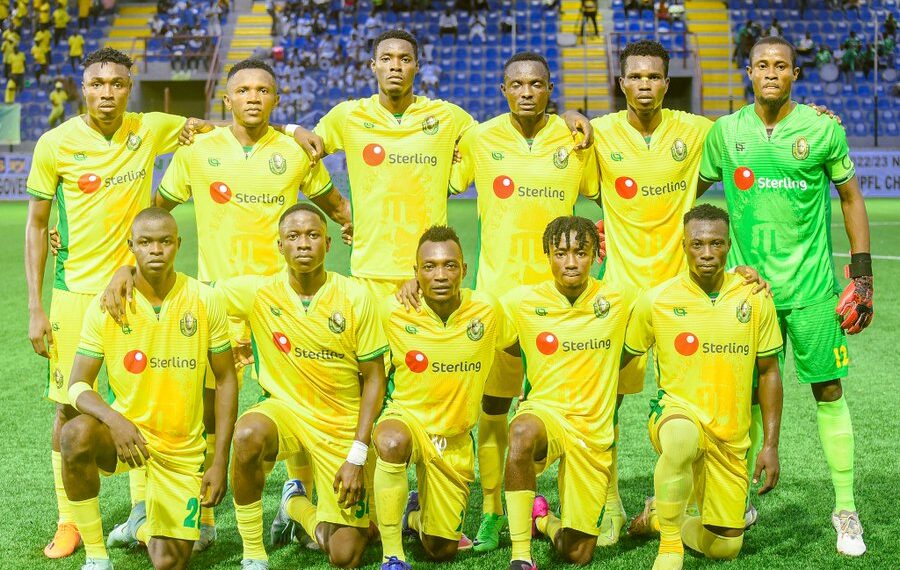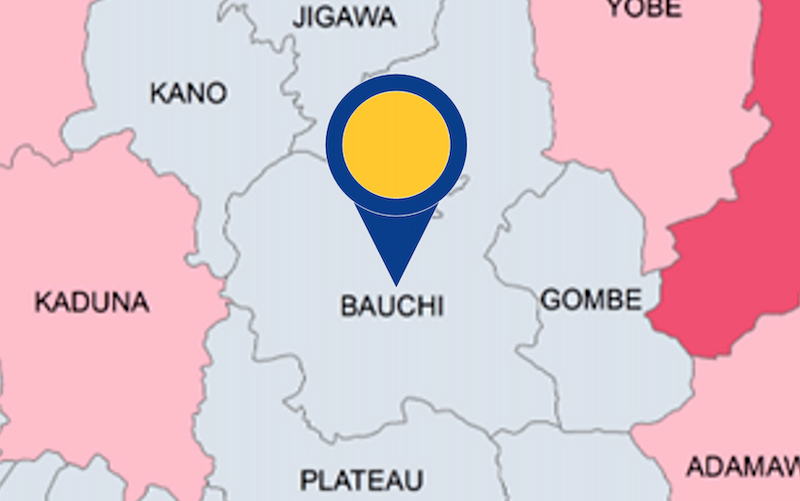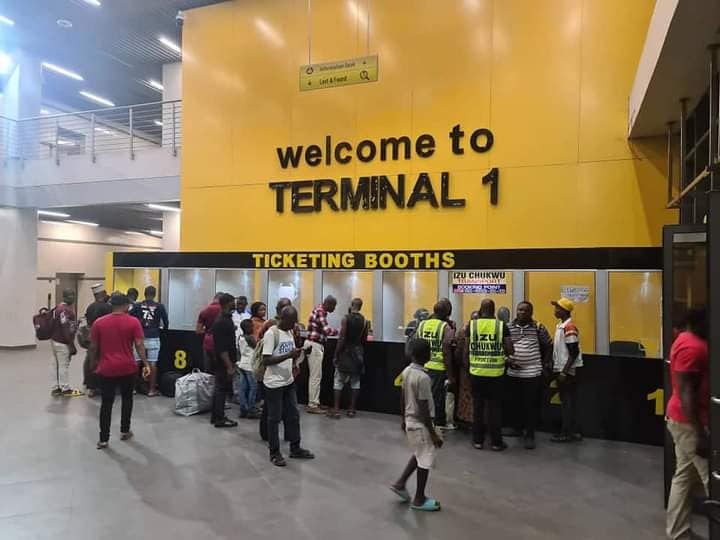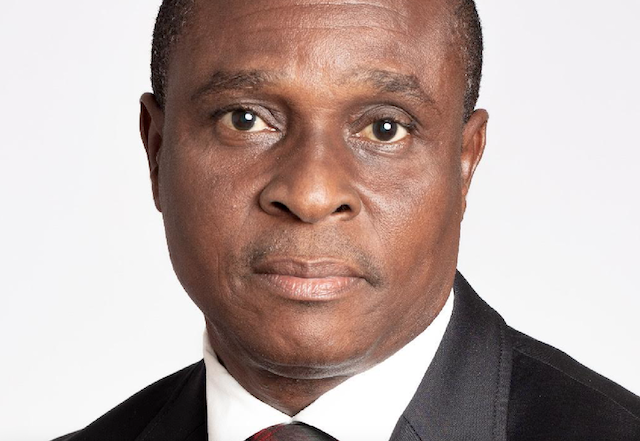Whilst we were yet adults, we learnt of the cliché, “let my people go” which when translated infers the minimum position to scale through a requirement. In academics, it is called a pass. It means you may pass to the next level or class on your personal best and not on the competitive best. Pass is ordinary! Measured against other values on the score sheet, it can only fetch you something meagre.
Third-party insurance is an ordinary pass or so it seemed! In many cases, it is a serious concern and can cause severe financial pains to the insurer. For some insurers who weigh their portfolios scientifically, they would not touch it. Third-party liabilities to the insurer are problematic. And if death happens, it’s a penny-wise, pound-foolish situation and a live snake in the hands of the underwriter. The negotiations are usually thorny and frustrating.
Here’s one case; a friend lost his insurance job and later set up a sachet water company in his neighbourhood. A used distribution truck was bought to help in the delivery of water, and a driver and a motor boy completed the operations unit of the small outfit. After that, he purchased thirty-party insurance to operationalize the vehicle on the roads. On a day my friend was beginning to await the return of the day, he received a call from the police to come to the police station for an emergency. It turned out that the driver of the truck had knocked down and killed a young hawker at Ikeja, Lagos’s capital. The tragedy aside, the insurer of the vehicle was contacted and after a prolonged negotiation, they sealed N1 million as their compensation limit for the death of the young man.
For N5000, the insurance company was obligated to pay N1 million. It could have been more if specialized lawyers handle the claim negotiation. The number of insured vehicles in Nigeria apparently makes third-party policy unattractive and maybe the main reason it is frustrating to bargain a claim involving death. Ordinarily, death claims do not have any prescribed limits. However, if you take a cursory glance at Table 3 below, you will note that in this particular case, the insurance company did not receive the appropriate premium on the water truck. This is called the competitive rate in the Nigerian market! Often, this is the reason for claims repudiation.
Road Accident Figures
The Q2 reports by the National Bureau of Statistics show the carnage and horror of accidents recorded on Nigerian roads. The total number of road accidents during the period was 5,263 as represented in the table below.
Table 1: Category of Vehicles Involved in Road Accidents
| Vehicle Category |
Frequency |
percentage |
| Government |
67 |
1 |
| Private |
1,800 |
34 |
| Commercial |
3,396 |
65 |
Source: NBS
Table 2: Type and Number of Vehicles involved in Road Accidents
| Vehicle Type |
Occurrence |
| Trailer |
276 |
| Luxury Bus |
13 |
| Car |
1639 |
| Tricycle |
173 |
| Bicycle |
10 |
| Truck |
596 |
| Tanker |
102 |
| Minibus |
904 |
| Motorcycle |
1133 |
| SUV |
174 |
| Van |
9 |
| Pickup |
155 |
| Others |
103 |
Source: NBS
The Trends
The tables above represent in real terms the horrendous carnage on our roads. In Table 1, commercial vehicles had nearly 3,400 accidents ranging from fatal, serious injuries to minor injuries. The vehicles involved had various degrees of damage. Unfortunately, commercial buses are the least insured and cost the most damage to people and property. In most cases, their insurance, usually a third-party policy, is not genuine and not purchased from licensed insurers. Equally, in Table 2, the combined number of accident occurrences involving cars, tankers, trucks and minibuses is 3,241. These are 2nd quarter figures only! Notwithstanding the fact that motorcycles and tricycles are breaking limbs and causing deaths in their numbers across Nigeria.
Why motorists must pay premiums on vehicles
Insurance premiums are paid by vehicle owners so as to compensate passengers, property owners and passersby who are third parties when, for instance, we read reports of tanker explosions where lives, property and goods were lost. It is common sense and a sense of responsibility when you seek to care for others who may suffer from the inadvertent accident of vehicles. Nobody wills that an accident should happen, but our daily experience shows that accidents do happen despite our prayers and wishes against its occurrence. So, it’s fair that each motorist sees proper insurance of their vehicles as a personal CSR even without the law mandating it. Hit-and-run cases will also get compensated if premiums are paid to licensed insurers.
New rates for the New Year
Inflation, prices of goods and services going up including transportation costs. Most incidentally, vehicle costs have risen exponentially due to forex scarcity and government auto policy. Insurance companies are also paying more claims than hitherto. In the last five years, it is estimated that more than 50% of premiums are paid to policyholders. Tax deductions, business acquisition costs, levies and commissions take their portions leaving a small percentage for administrative costs. Perhaps, Nigeria’s insurance may be classified as a social service if the trend continues.
Table 3 Motor Third Party Tariff
| |
Type of Vehicle |
2018 rates |
2023 rates |
TPPD* limits |
| 1 |
Private Motor |
N5000 |
N15,000 |
N3million |
| 2 |
Commercial Motor (own goods) |
N7,500 |
N20,000 |
N5million |
| 3 |
Commercial Motor (staff bus) |
N7,500 |
N20,000 |
N3million |
| 4 |
Commercial Motor (Trucks/General Cartage) |
N25,000 |
N100,000 |
N5mllion |
| 5 |
Motor Trade (road/premises risks) |
N5,000 |
N20,000 |
N3million |
| 6 |
Special Types (Hearse/Ambulance) |
N5,000 |
N20,000 |
N3mllion |
| 7 |
Motor Cycle |
N1,500 |
N2,000 |
N1million |
| 8 |
Tricycle |
N3,000 |
N5,000 |
N3million |
*TPPD: Third Party Property Damage Source: NAICOM
Amidst speculations that some underwriters are unwilling to implement these new rates on unwilling and price-shy vehicle owners, the National Insurance Commission has signed off on applying the new rates beginning January 1, 2023. Some rates were adjusted to about 150% while it is 50–75%. The corresponding increase in third-party property damage claim limits was also adjusted upwards to reflect the new tariffs. The name tariff means it is fixed and regulated by the government and prices are not commercially adjustable by insurers.
The highest beneficiaries of these new rates and possible adoption and compliance by both insurers and vehicle owners are ordinary folks. When you read reports of fuel-laden tanker explosions or trucks ploughing into pedestrians, an understanding of the tariff structure will be clearer.
Drivers of new tariffs
Although the statistics generated by Federal Road Safety Corps give ample justification for tariff increase, there are also rising claims metrics showing that insurance companies are paying higher claims, comparatively, on the low premium vehicles. But the most important factor for the increase by NAICOM is to afford real protection to Nigerians. The “let-my-people-go” premium of N5000 was actually letting people down. Some insurers believed the third party to a scoop that nobody was going to file a claim.
In the beginning, the third-party premium was actually an impressive turnover on the insurer’s balance sheet without much expense but the situation has apparently reversed driven by the following factors;
▪ Awareness and increasing claims on motor
▪ Inability to pay claims
▪ Claims repudiation
▪ Very low prices on commercial and corporate fleets
▪ Covid-induced reduction in the number of corporate fleets and remote work model
Certainly, the hard-pressed economy and low purchasing power of individuals and firms may trigger price resistance. But if the government truly desires to effect a balance in the protection afforded through insurance, then it has to drive volume compliance by motorists so that insurers can accept the risks on the roads. There may be no right time to do the right except it is done now!





